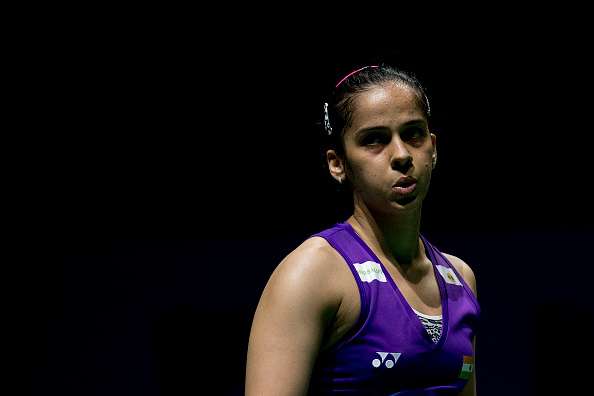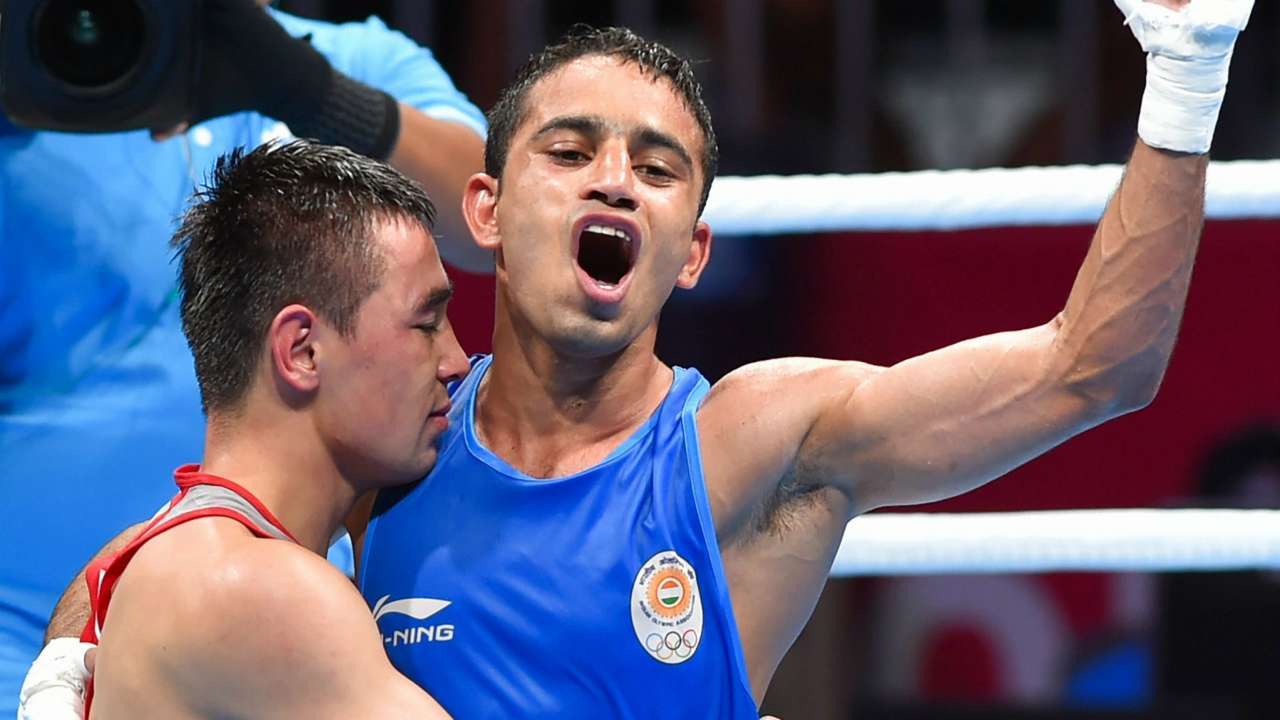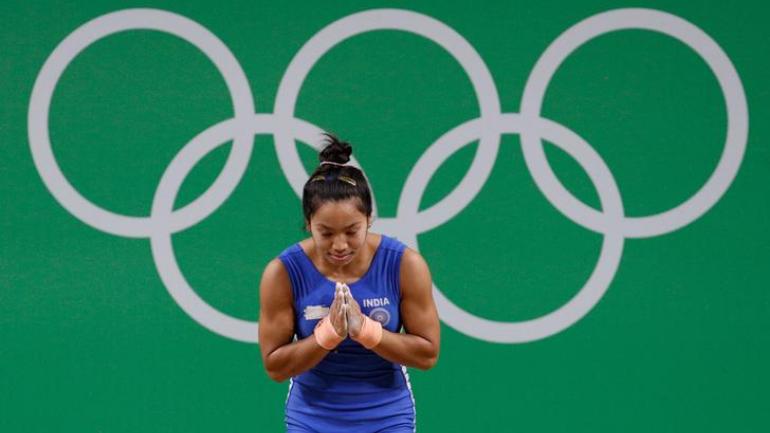Coronavirus
How do athletes battle stress and depression amid coronavirus lockdown

The COVID-19 pandemic has brought our lives to a standstill. Sports, as we know, has been hit by a tremendous jolt and athletes have to battle it themselves through these uncertain times. Major tournaments across the world, be it the Indian Premier League (IPL) on the home front, Tokyo Olympics, or even the FIFA Under-17 Women’s World Cup to be held in India this year, remain suspended.
There is a general opinion that athletes are tenacious and resilient. That they can power through all adversities and emerge victorious. However, with the extreme pressure of competition and the constant need to prove themselves, athletes may be more vulnerable to mental disorders. Therefore, good mental health in athletes is not only the need of the hour due to the lockdown, but itself a priority.
 Saina Nehwal | Source: BAI
Saina Nehwal | Source: BAI
Here are a few ways with the help of which athletes can tide over these difficult times and stay sane even if the world seems to be changing around them.
Accept as they are & take charge of their emotions
Many athletes are facing problems like training grounds being shut, cancellation of tournaments, etc. Some may even be stuck abroad due to travel restrictions. In such a situation, it is normal for them to feel anxious, sad or even scared of what the future lays ahead for them. They might even feel different emotions in one day or over the week. It is important that they understand and accept these feelings and do not suppress them. Maintaining a personal journal and jotting down what they feel might help. Talking about their feelings with someone close to them might help too.
Being optimistic and utilising time in their own way
The lockdown has drastically changed routines, moreover, they have been forced to stay home. For many, sports is what gives satisfaction and a will to go on. Preparing for a future tournament keeps them on their toes and some may have looked forward to the end of season games where they would have performed and shone.
 Amit Panghal | Source: DNA India
Amit Panghal | Source: DNA India
The pandemic has snatched away these opportunities. However, looking at the bright side, athletes can devote their time to work on themselves the way they hadn’t before. They can dwell on past achievements and moments that they cherished while playing and be comforted. They may focus on healing old injuries that have nagged them for a long time. They may try to learn a new aspect of their game which they had not explored before. Having said that, it is fine to not be productive all the time and they should take some time off to unwind. Maybe learn a new hobby that they find interesting.
Connecting with family as well as fans
Social distancing does not mean social isolation. An important part of being an athlete is being together in a team. Athletes may miss the camaraderie that accompanies being in one and this can be easily resolved with virtual team meetings to boost morale and motivate each other. At the same time, they should seize this opportunity to spend some time with family and friends, that they might not have been able to catch up on due to constant travelling or training.
Also read: Coronavirus: Six ways athletes can maintain their health amid lockdown
One more way to stay in touch with the game would be to stay connected with fans. Many athletes including Roger Federer or Leander Paes have been posting challenges and training methods online to quell the gloom set by current events and have come up with light-hearted innovative ways to engage their supporters. Athletes can use their social media platforms to educate the general public, present facts and mitigate the spread of rumors. If the constant barrage of information is disturbing, they should limit the influx of information regarding the virus instead of obsessing over COVID-19 numbers.
Exercise to reduce stress
Exercise can help in preventing stress and anxiety by releasing endorphins, the feel-good hormones and helping athletes stay happy. Not getting access to training facilities and equipment can be tackled by training at home. Athletes can connect to virtual trainers or their own fitness personnel virtually so that they continue with their training regimes.
 Mirabai Chanu | Source: India Today
Mirabai Chanu | Source: India Today
Realistically speaking, it would be challenging to achieve the same heart rate or VO2max while exercising at home but utilising bodyweight and increasing the number of repetitions of exercises can help in reaching the same goal. The idea is to maintain fitness levels and be prepared to compete when things are back and running. All major leagues will allow at least a 6-8 week head start for athletes to tackle deconditioning and reach their previous fitness levels.
Don’t hesitate to ask for help
Keeping other things aside, athletes need to understand that it is all right to seek help if they are finding it difficult to cope with these unique circumstances. They should be provided with specialised in-house care virtually by their sports organisations.
Let us remember that all of us are in this together, be it athletes or the audience and only by cooperating with each other, can we get through this!






